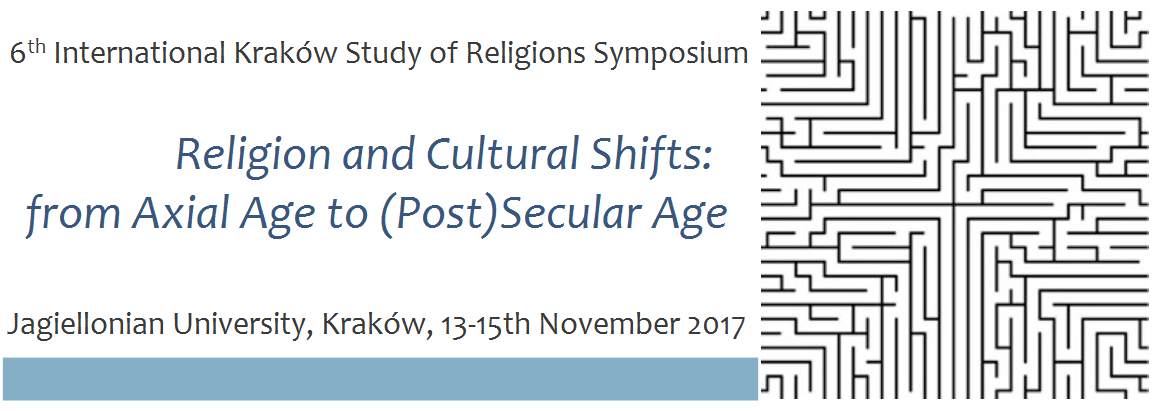
Organizing Commitee
mgr Jakub Szczęśniak
International Journal for the Study of Religions "Studia Religiologica"
Studia Religiologica is an academic periodical committed to the study of religions. It publishes research articles, review articles and book reviews representing all areas of the study of religions, encompassing the history of religions and comparative study of religions as well as phenomenology of religion, anthropology of religion, sociology of religion, psychology of religion, and philosophy of religion.
Institute for the Study of Religions of Jagiellonian University
The Staff of the Institute for the Study of Religions, Jagiellonian University, specialize in research on different aspects of religion: history of religion, contemporary changes in religious life, the role of religion in the lives of societies and individuals, comparative analysis of religious and philosophical systems, and the study of particular religious phenomena. There are 26 academic staff members employed at the Institute at the moment.
Institute of History, Pontifical University of John Paul II in Krakow
The Institute of History is one of the three research institutes of the Faculty of History and Cultural Heritage at the Pontifical University of John Paul II in Krakow, founded as the Faculty of the Church History at the Pontifical Academy of Theology on 8 December 1981 by the decree of John Paul II. The Institute started its activity on 11 December 2008 offering full academic program in Bachelor, Master and Doctoral degrees.
The Institute is subdivided into four specialisations: Archival, History of the Church, Political and Legal Doctrines, Easter Europe. Its educational offer is enriched by the four optional practical courses: administrative, editorial, journalistic, and introductory course for travel guidance. Postgraduate studies on semiology and library and archival science are also included into the Institute's offer.